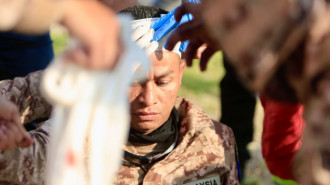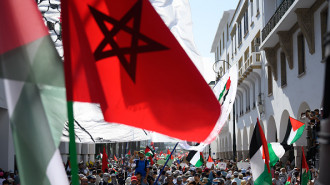Twin Taliban explosions hit Afghanistan's capital Kabul
Twin Taliban blasts struck near the Afghan parliament in Kabul on Tuesday, killing at least 24 people and wounding 70 in a rush-hour attack that shattered a relative lull in violence in the capital.
The bombings came just hours after a Taliban suicide bomber killed seven people in Lashkar Gah, the capital of the volatile southern province of Helmand, as the militants ramp up attacks.
The blasts in Kabul tore through employees exiting a parliament annexe, which houses the offices of lawmakers, leaving the area littered with bloodied bodies.
"A suicide bomber on foot caused the first explosion, leaving a number of innocent workers killed and wounded," Zabi, an injured parliament security guard, told AFP.
"The second one was a car bomb. The vehicle was parked on the other side of the road and flung me back when it detonated," he said.
The blasts left 24 people dead and 70 wounded, some of them in serious condition, health ministry spokesman Waheed Majrohsaid, warning that the toll was expected to rise.
The carnage underscores growing insecurity in Afghanistan, where around 10,000 US troops are helping struggling Afghan forces to combat a resilient Taliban insurgency as well as al-Qaeda and Islamic State militants.
Taliban spokesman Zabihullah Mujahid said they were behind the Kabul explosions.
The parliament complex has been a prime target for insurgents. In June 2015 Taliban militants attacked the old parliament building, sending lawmakers running for cover in chaotic scenes relayed live on television
The incident ended two hours later when all seven attackers, including a suicide car bomber, were gunned down by Afghan forces.
The Taliban are pressing ahead with nationwide attacks despite the onset of winter, when fighting usually ebbs, as international efforts to jumpstart peace talks falter.
Repeated bids to launch peace negotiations with the Taliban have failed and a fierce new fighting season is expected to kick off in the spring.
Afghanistan last week welcomed the Pentagon's decision to deploy some 300 US Marines to Helmand, where American forces engaged in heated combat until their mission ended in 2014.
The Marines will head to the poppy-growing province this spring to assist a NATO-led mission to train Afghan forces, in the latest sign that foreign forces are increasingly being drawn back into the worsening conflict.
Afghanistan got scarcely a passing mention in the bitterly contested US presidential election, even though the situation in the conflict-torn country will be an urgent matter for the new president.
President-elect Donald Trump has given few details on his expected foreign policy, with even fewer specifics on how he will tackle the war in Afghanistan.
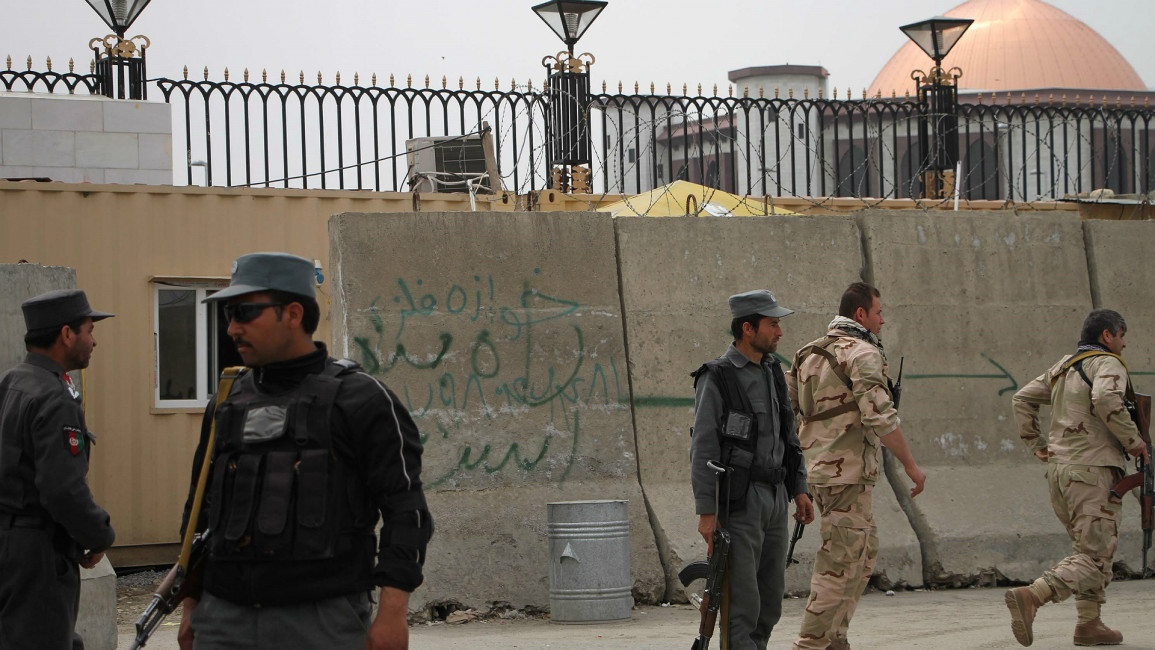
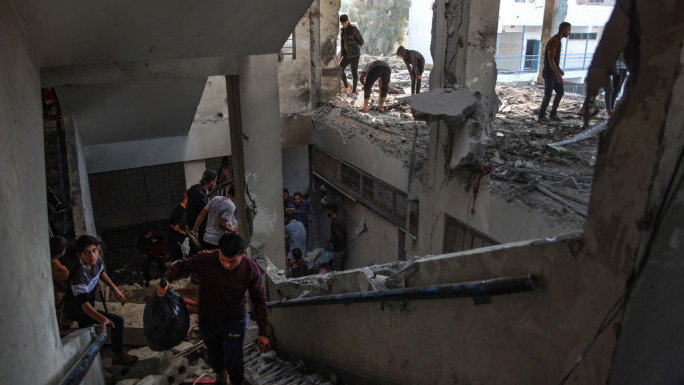
![President Pezeshkian has denounced Israel's attacks on Lebanon [Getty]](/sites/default/files/styles/image_684x385/public/2173482924.jpeg?h=a5f2f23a&itok=q3evVtko)

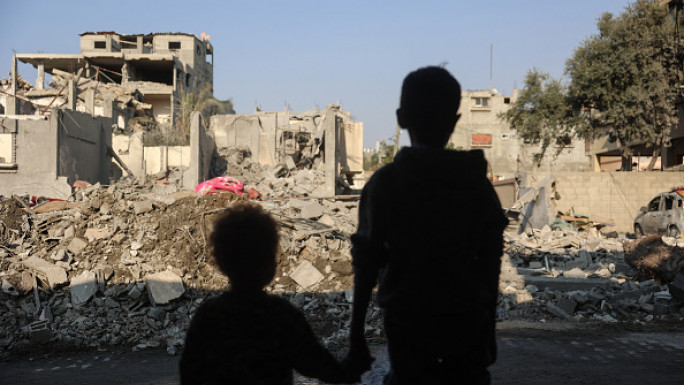
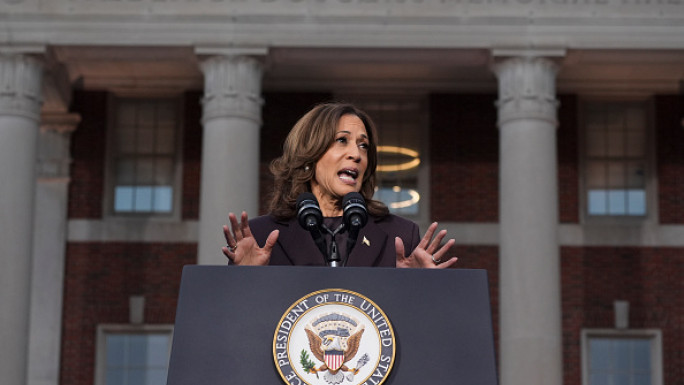
 Follow the Middle East's top stories in English at The New Arab on Google News
Follow the Middle East's top stories in English at The New Arab on Google News

